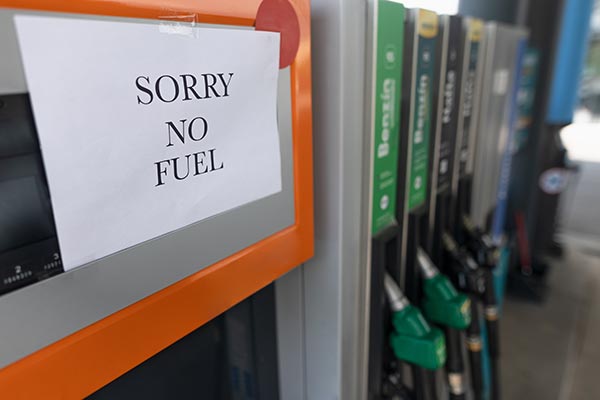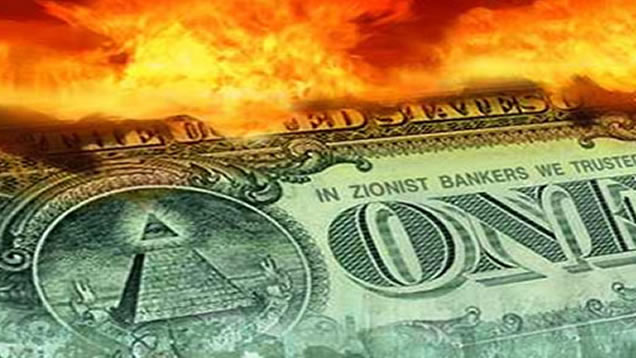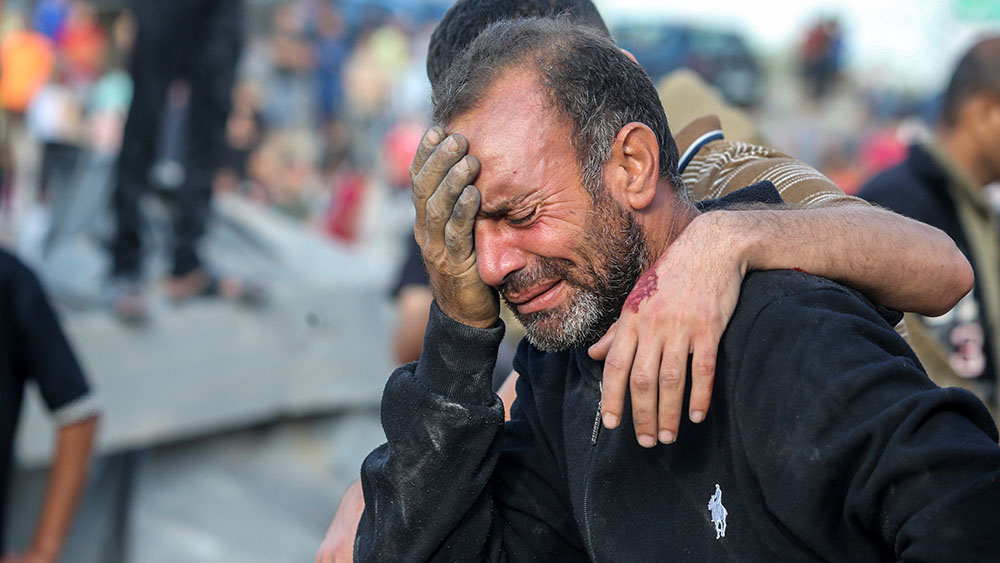 Parler
Parler Gab
Gab
EU believes risks of oil shortages still low
Simson met with other members of the EU's oil coordination group and concluded that the risks of bloc-wide shortages are much lower than they were in 1973, as Europe now only relies on oil for about 30 percent of its energy mix. But these same officials did warn that a major point of concern is the fact that one of the continent's top three suppliers of oil is Saudi Arabia. "A possible crisis would have an immediate impact on oil price but it's less of a security of supply risk, though the market is very tight because of OPEC+ cuts, tightness should ease in 2024," said one EU official. "The Middle East route is still of significant importance for Europe," added the official, who noted that around 20 million barrels of oil per day leave the Gulf States through the Straight of Hormuz, dangerously close to Iran and which Iran has also acted aggressively in the past. Western powers are worried that an escalation of the conflict in Gaza could lead to Iran attempting to blockade or at the very least increase the dangers of sailing through the strait which, at its narrowest point, can be as small as 24 miles. Nevertheless, EU officials noted that they are making sure the bloc is prepared for disaster, with the oil coordination group making sure the bloc's members abide by an EU directive to have emergency oil stocks equivalent to 90 days of net imports or 61 days of consumption. While this will make sure that the EU can survive short-term disruptions to crude oil supply, Europe remains vulnerable when it comes to diesel and gas oil. More than 50 percent of the bloc's goods transportation relies on diesel-fueled trucks. Gasoil, meanwhile, is used in heating, particularly since the loss of Russian gas imports. Learn more about the world's energy situation at NewEnergyReport.com. Watch this clip of Iraqis protesting against Israel's indiscriminate killing of Palestinians by blocking Iraqi oil trucks from making it to Israel through Jordan. This video is from the Cynthia's Pursuit of Truth channel on Brighteon.com.More related stories:
Iraqi PM warns: Fighting between Israel and Hamas could disrupt Middle East oil supplies worldwide. Oil prices surge by more than $1 per barrel amid ongoing Israel-Hamas conflict. Reserve Bank of Australia Gov. Michelle Bullock: Israel-Hamas conflict may contribute to oil price increase and global inflation. Banker says Russian electricity is 10X cheaper than that of the U.K., at least 4X cheaper than the E.U.'s. E.U. destroying its industries by shunning Russian energy, official tells RT. Sources include: OilPrice.com Reuters.com Brighteon.comNetanyahu: Israel to take over “security” in Gaza after the Israel-Hamas war
By Laura Harris // Share
Western economies headed for collapse if U.S. and Israel push escalation of war in the Middle East
By Belle Carter // Share
Zelensky “deludes” himself into thinking Ukraine can win the war, aide says
By Ethan Huff // Share
Governments continue to obscure COVID-19 vaccine data amid rising concerns over excess deaths
By patricklewis // Share
Tech giant Microsoft backs EXTINCTION with its support of carbon capture programs
By ramontomeydw // Share
Germany to resume arms exports to Israel despite repeated ceasefire violations
By isabelle // Share










